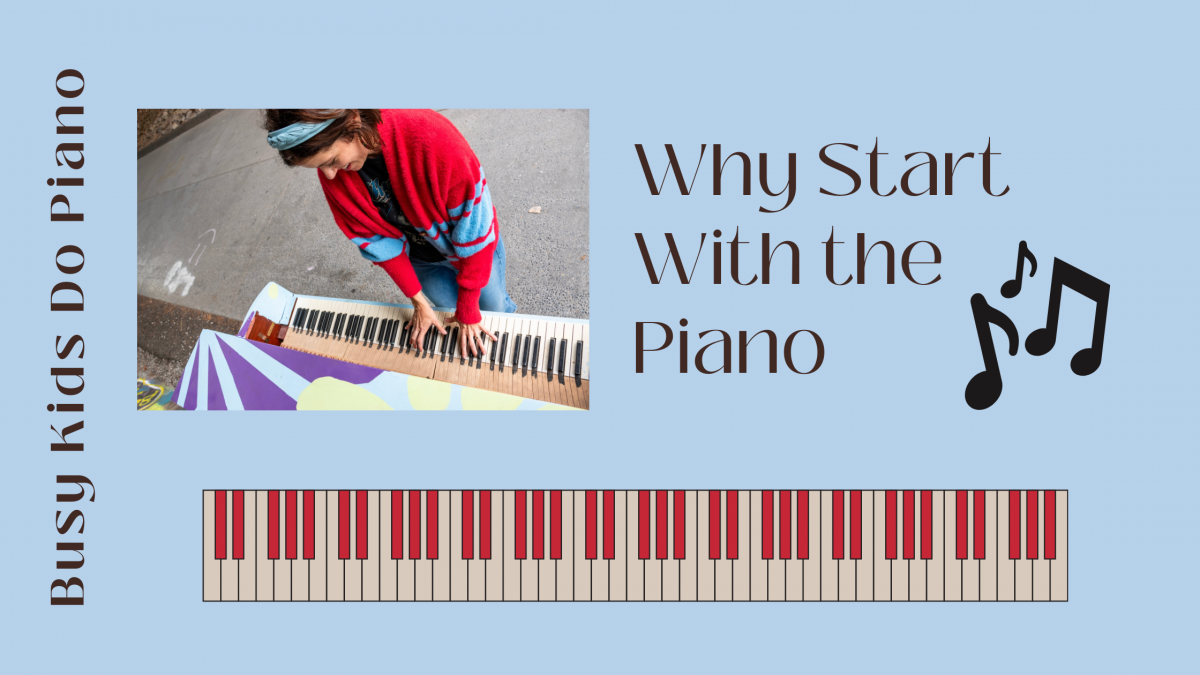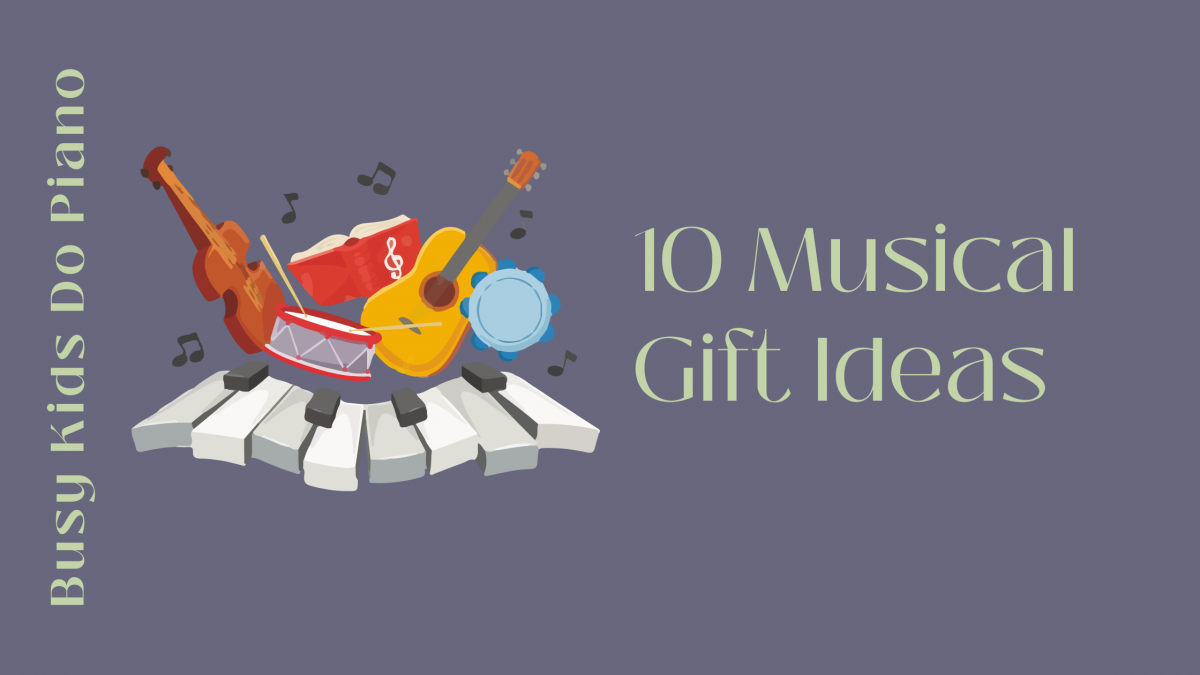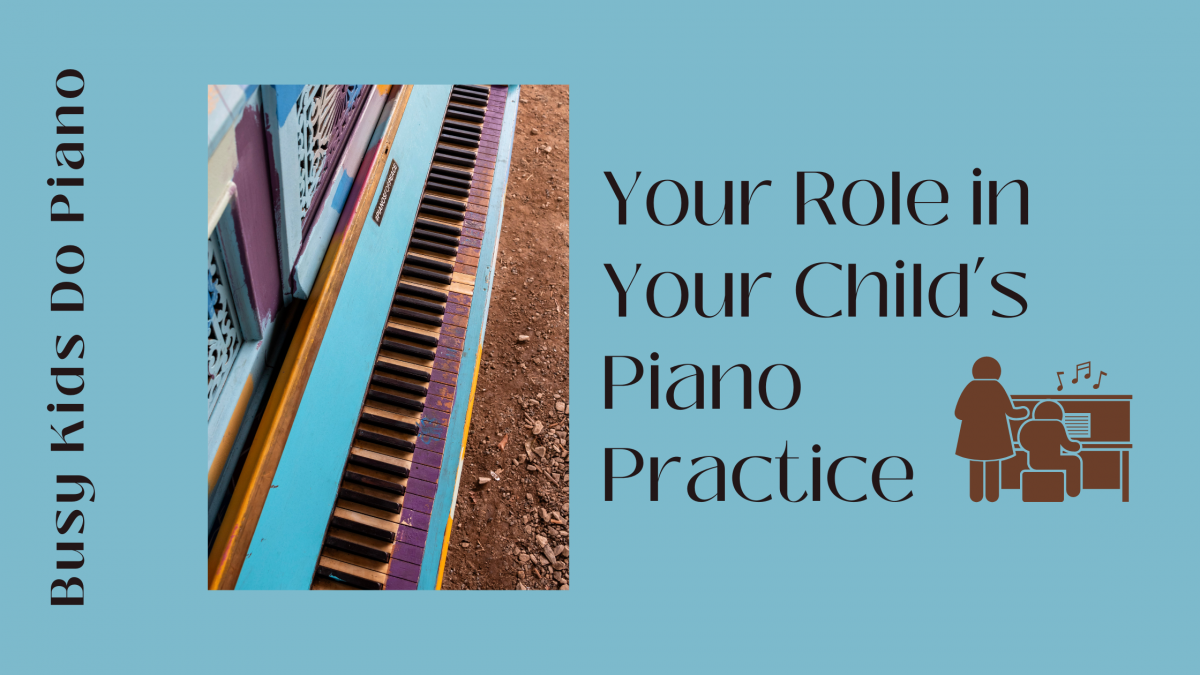At my high school, piano was a required “class”, and therefore, piano practices were something scheduled during the regular school day. I believed this to be a serious advantage because I no longer had to figure out a time to schedule practice between all the homework and extra-curricular activities that were beginning to fill my after-school hours.
The piano practices were held in the basement of our school building. Six to seven rooms were in the area with a piano in each, and a monitor would sit in the main area, strolling around and peering through the window into each practice room at regular intervals to make sure that students were, indeed, playing the piano and not reading books or doing other homework during this 40 minute period. (This was before cell phones, so you can only imagine the distractions that must take place now!) Continue reading “Making A Practice Plan.”

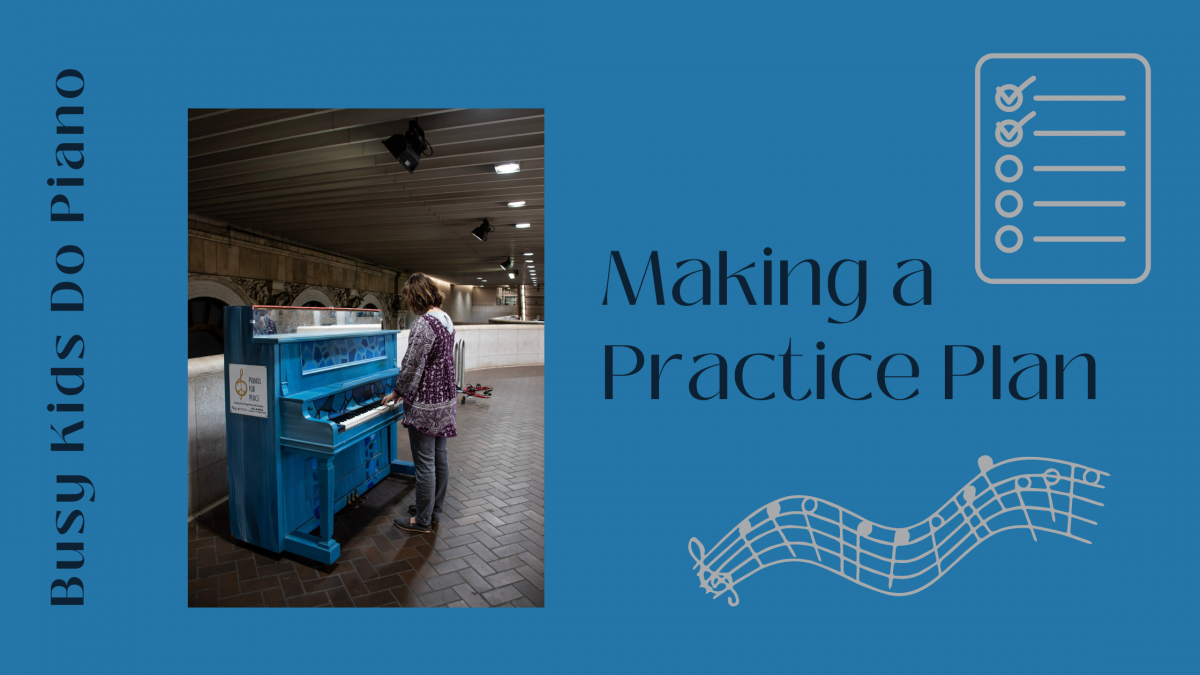
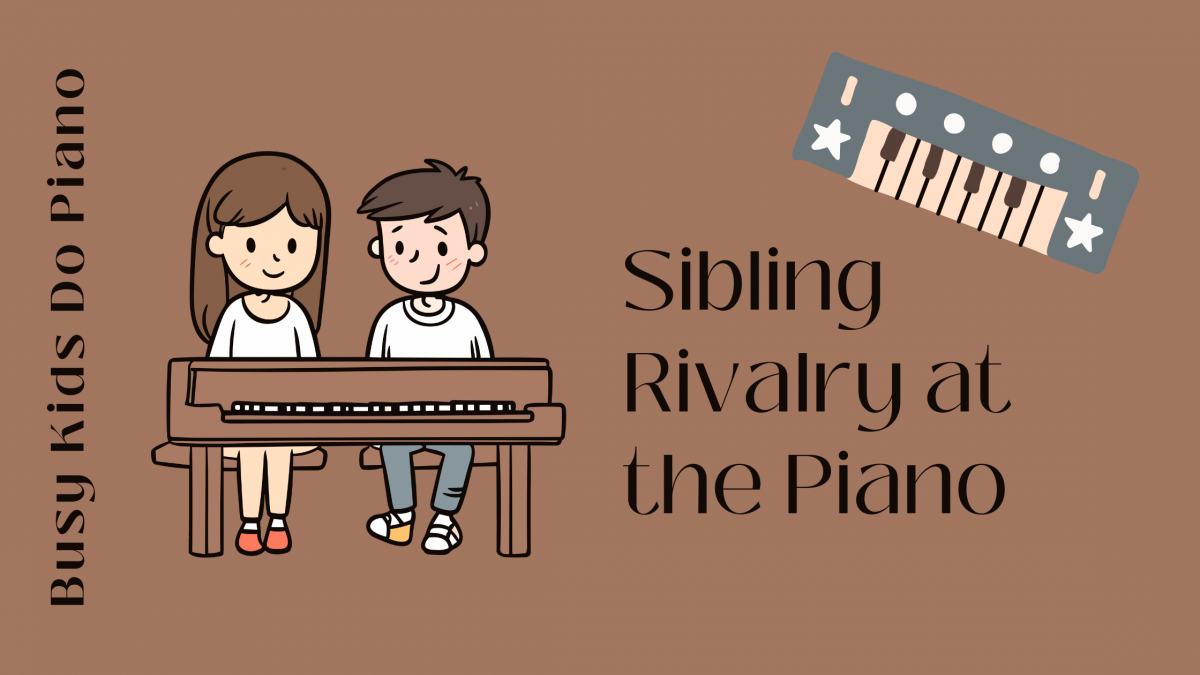
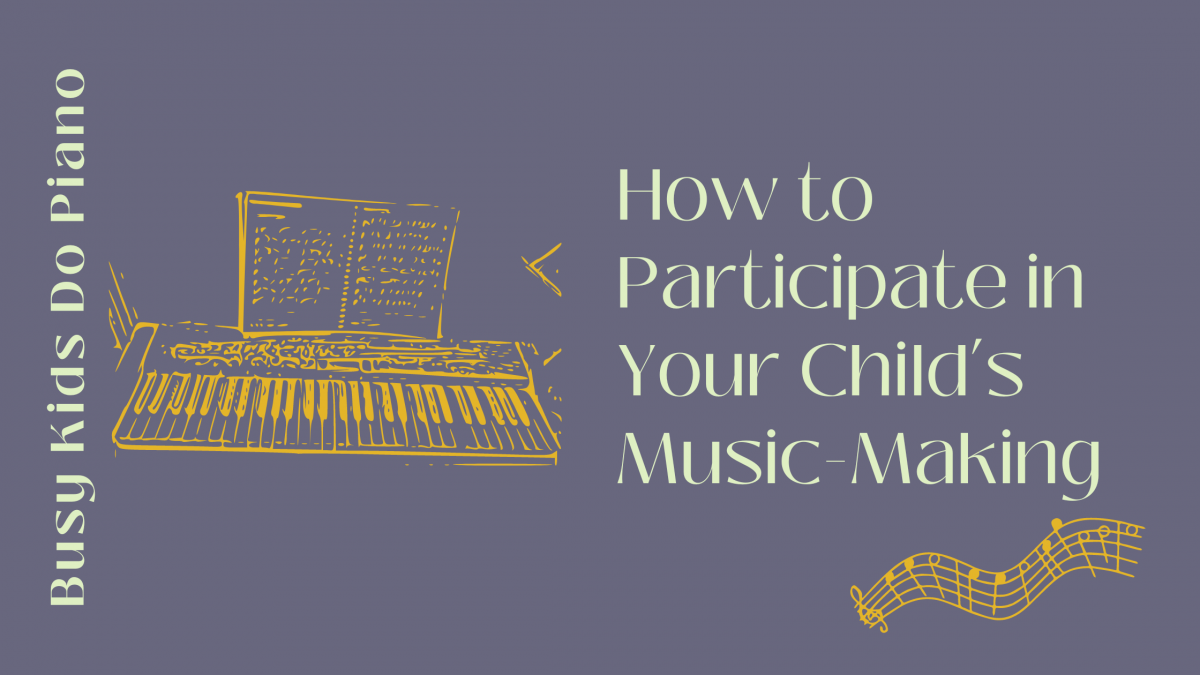
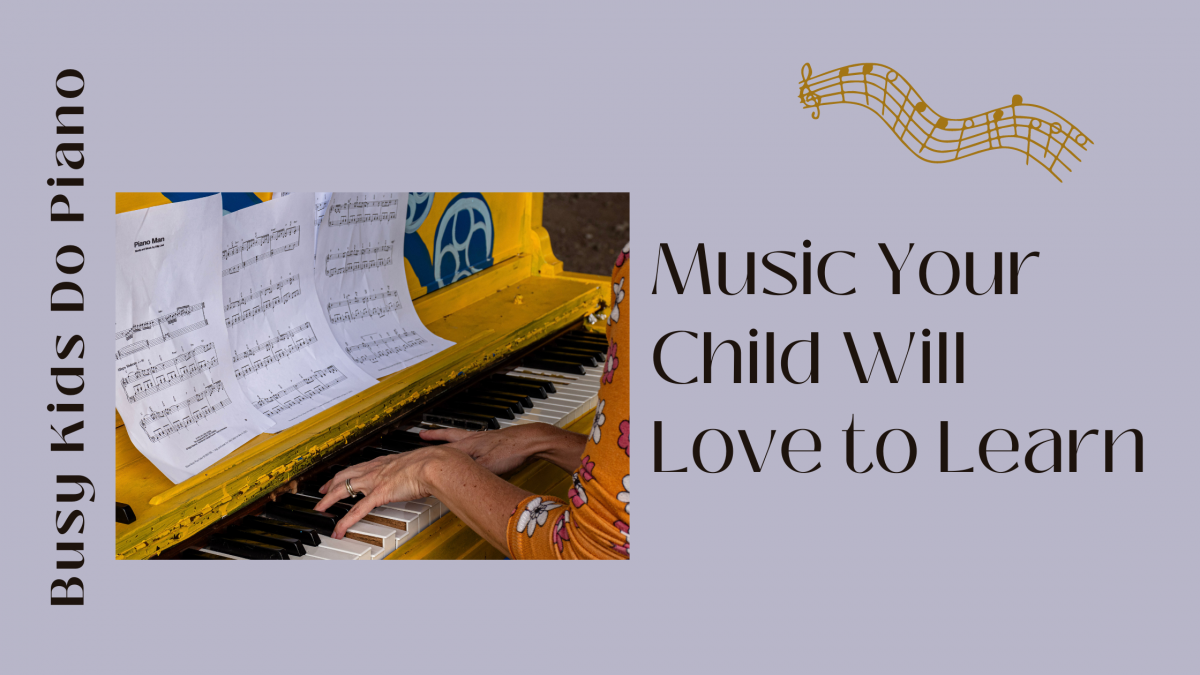
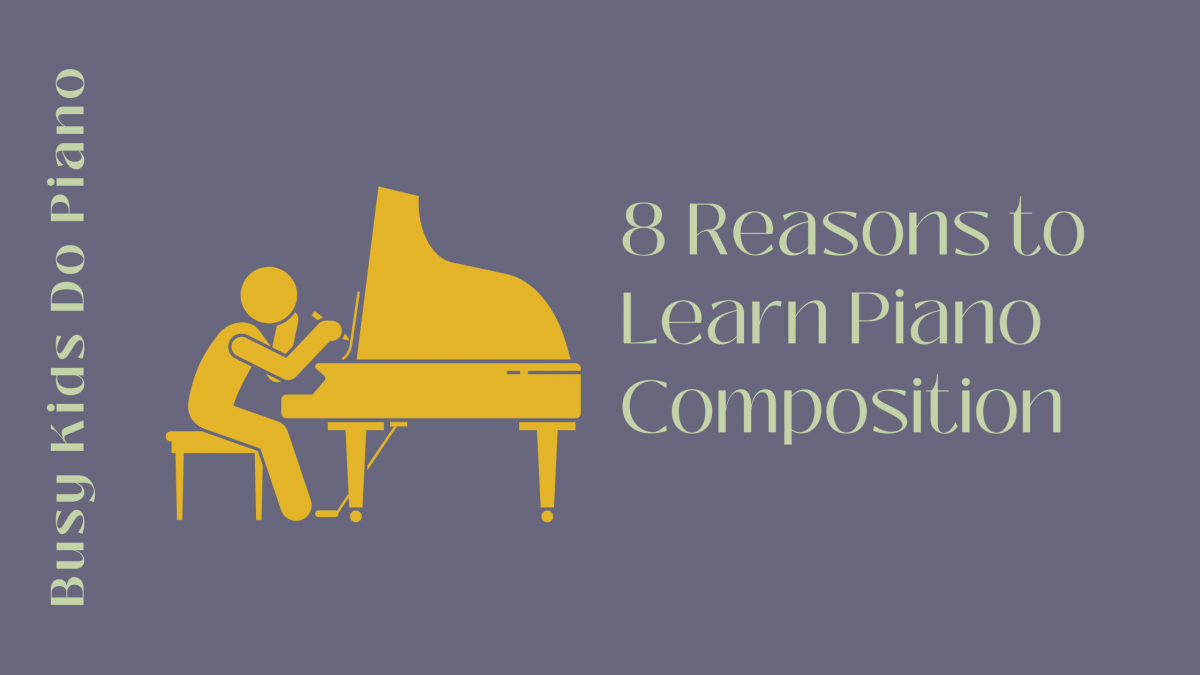
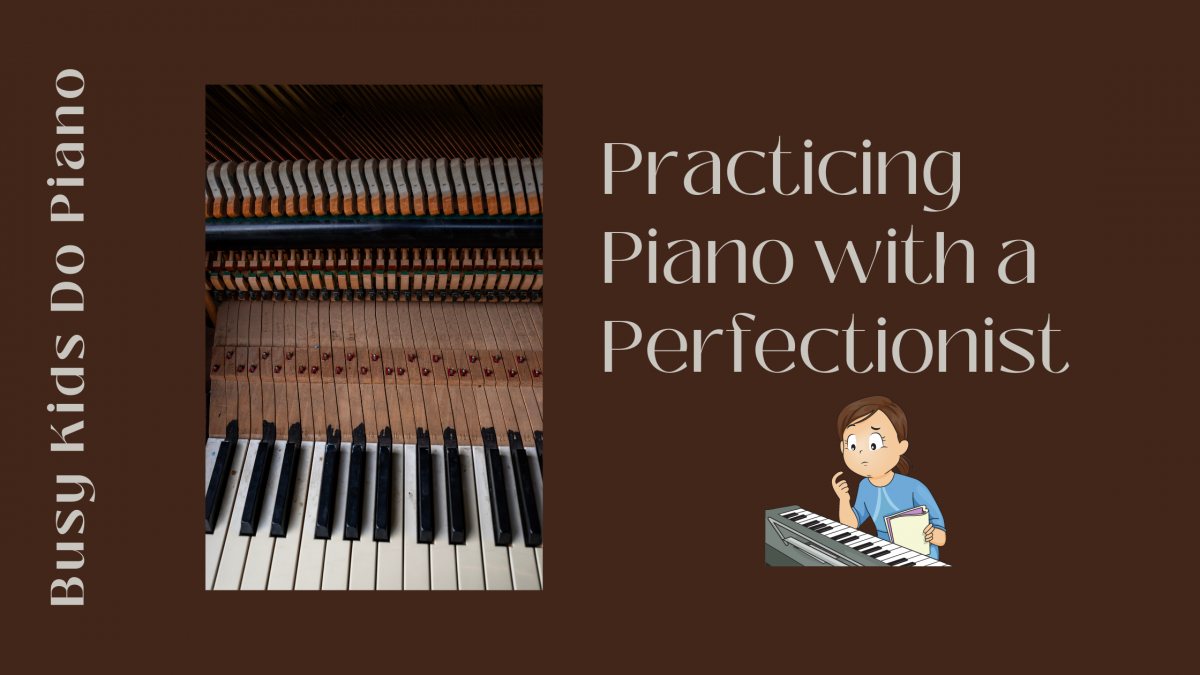
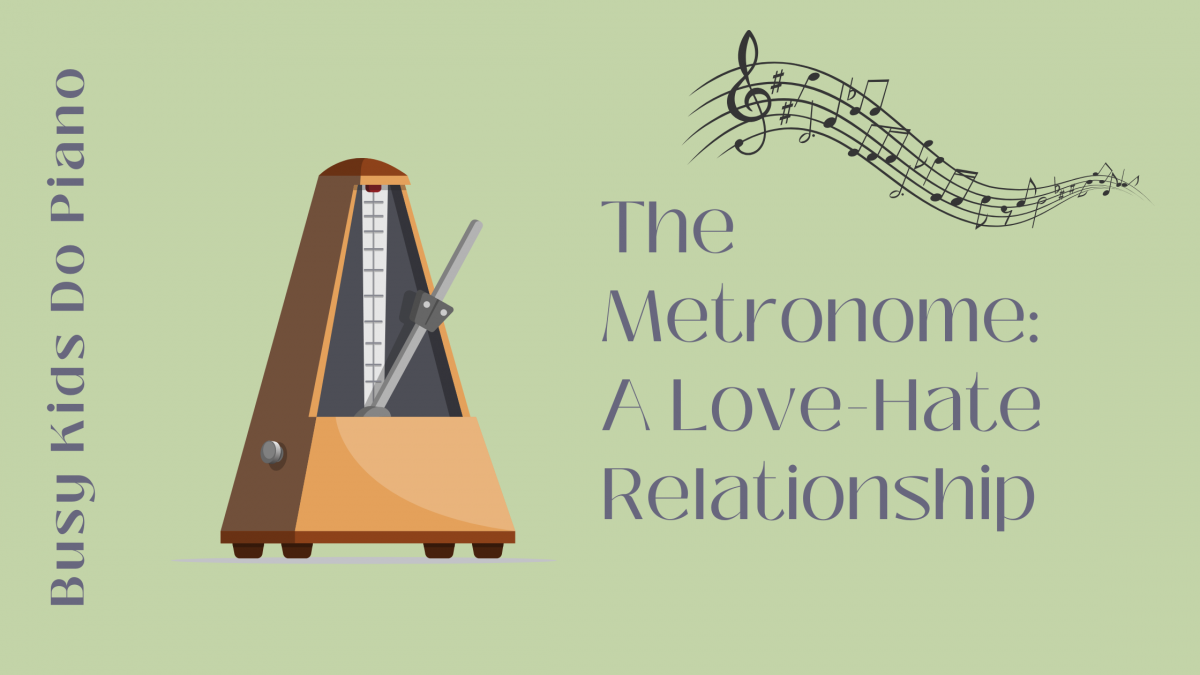
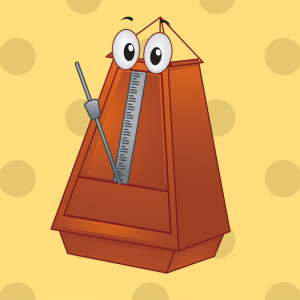 Ah yes, the metronome.
Ah yes, the metronome.